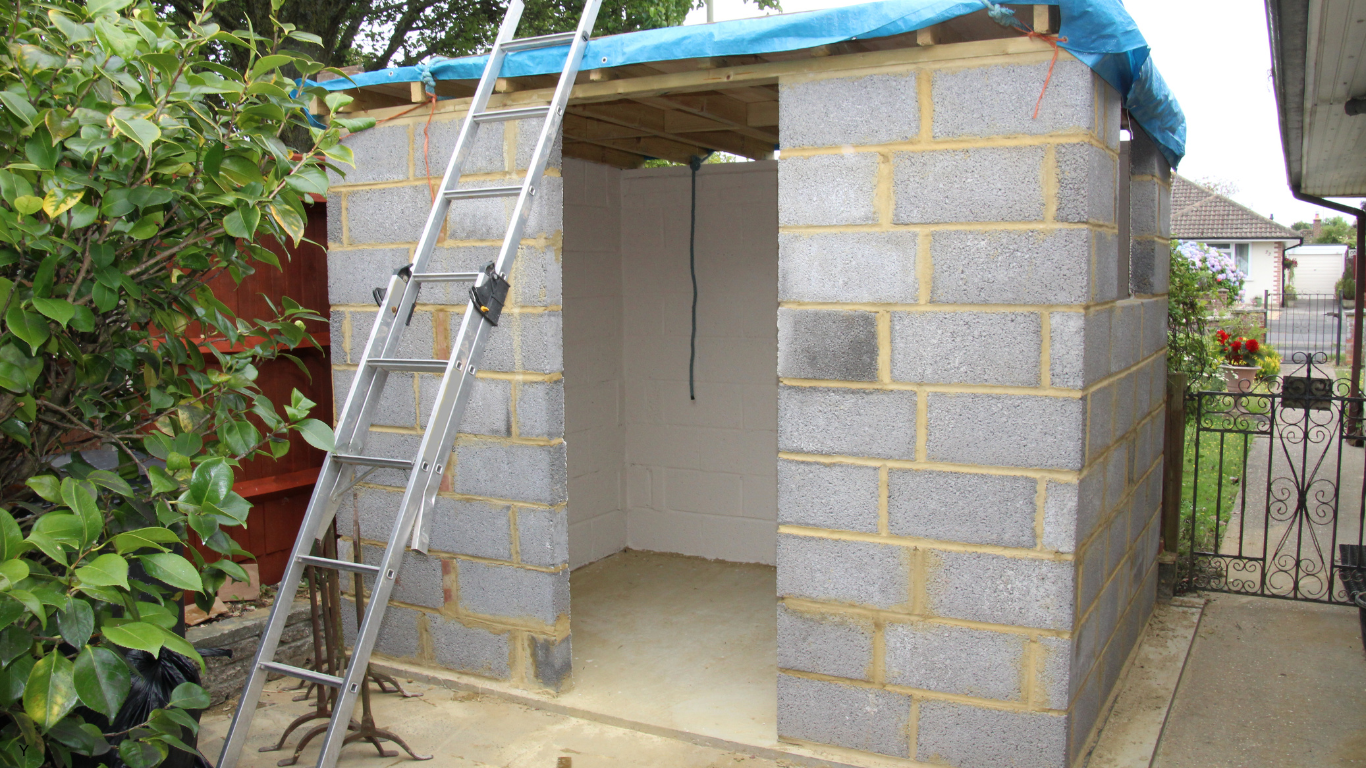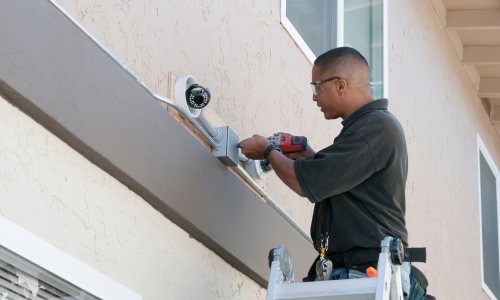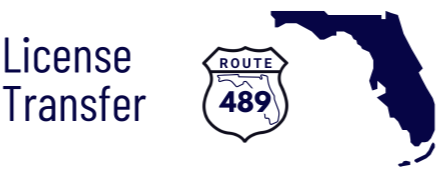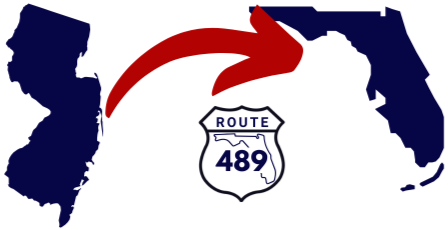
Contractors are the second most heavily regulated profession in Florida. Let this website be your roadmap to Florida’s licensing highwayS.
Search all of our posts for the information you need
Recent posts
This case arises from a restitution order requiring an unlicensed contractor to pay a homeowner $86,000.00. The case explores the type of evidence required to support a restitution award.
It is becoming more common for contractors to consider using their license with more than one business and becoming a qualifying agent for multiple companies. While this is legal when done properly, there are a three important considerations for any contractor considering serving as a qualifying agent for additional businesses. And each of these should be considered, discussed, and agreed upon by the parties before applying to become a qualifying agent so that any corporate entities can be properly established and agreements in place before the license is issued or work begins.
In Florida, most people who have a contractor’s license operate through a business, usually a corporation or a limited liability company (LLC). And it is legal for a license holder to serve as a qualifying agent for more than one business. But like everything relating to a contractor’s license, there is a right to operate more than one business and a wrong way. In this article we’ll cover the right way, and some common mistakes contractors make in qualifying more than one business.
There are several ways you can obtain a Florida general contractor’s license using your existing Georgia contractor’s license without having to take an exam.
Since 2021, multiple statutes have been enacted and revised to eliminate most local licenses, while also expanding the availability of certain state-level contractor licenses. After four years of legislation, many of those changes finally took effect earlier this month, leaving some contractors without local licenses and without a lot of guidance on local licensing requirements.
In response to recent natural disasters impacting Florida, on June 30, 2025, Governor DeSantis signed SB 180 into law. While the bill alters multiple statutes, relevant to this blog, it creates 489.1132, Florida Statutes, entitled “Regulation of hoisting equipment used in construction, demolition, or excavation work during a hurricane.”
This case from Florida’s Fifth District Court of Appeal thoroughly evaluates the licensing requirements for business engaged in contracting in Florida and concludes that it is not sufficient for an owner of the company to have a license. The license holder must also formally become the qualifying agent for the company. In this case, the lack of proper licensure resulted in the contractor’s contract for a new home being declared unenforceable.
While HB 683 (2025) modifies several statutes that apply to the construction industry, from a licensing perspective, it updates the definition of a Certified Alarm System Contractor to expand the scope of work that can be performed by those contractors.
Since 2019, roofing contractors have seen new requirements and changes to their scopes of work imposed under Florida’s contractor licensing statutes. Many of these changes require contractual disclosures and impose various timelines, including cancellation deadlines. On May 19, 2025 HB 715 (formerly SB 1076) was signed into law by Governor DeSantis. The new law creates multiple changes to Chapter 489, Florida Statutes, that effect roofers.
This case from Florida’s Third District Court of Appeal addresses Florida’s statute declaring that contracts entered into by unlicensed contractors are unenforceable.
















